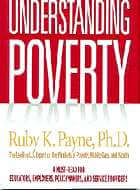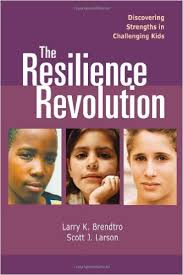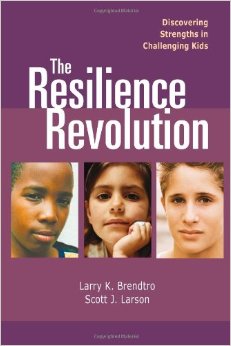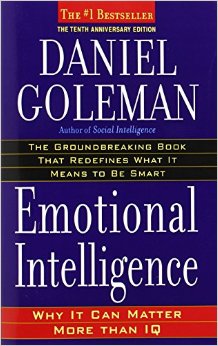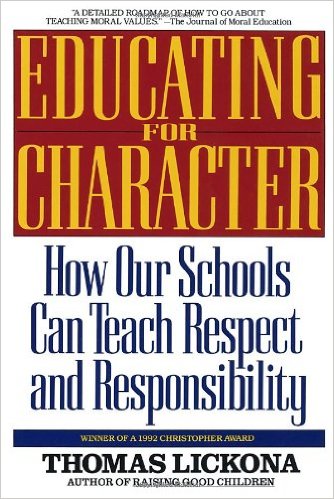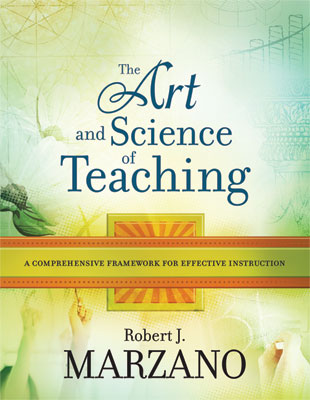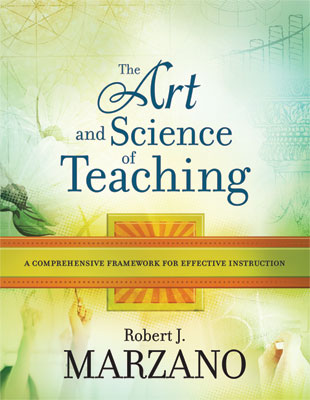“Thank you very much! As discussed, I modified my final essay to be more of a working document for the preparation to guide our newly formed bullying awareness and prevention group in our county. My research outside of the book has really helped to supplement ideas for implementation, as well. I hope you enjoy my work! I have to renew my license by June, so I just wanted to be sure I got this in to you right away!”
- 3 Credits -
3 Semester Credits
(post-baccalaureate
PD credits for re-certification and
pay-lane increases)
- accredited nationwide
- start any time
- up to 5 months to complete
- independent study
- all course materials included with course tuition
- view FAQ
Instructor:
Dr. Drew Schwartz
Accredited By:
- University of California San Diego
- Lindenwood University (Missouri)
(choose after course checkout)
Course Description
In this course, you will learn a strengths-based system and research based tools designed to EMPOWER you and your students. Practical tools relate to topics including...
View Full Course Description
$489
3 Semester Graduate Credits
Empowered Teaching And Learning
- 3 Graduate Credits -



Course Objectives
From this course, participants will:
- Deepen understanding of internal resources which inspire/motivate students and educators
- Learn practical tools related to purpose and strengths-based education which can be embedded into daily work
- Learn about the distinctions between deficit and strengths based approaches
- Develop practical tools related to setting goals based on tools of motivation
- Develop proactive tools for making growth mindset a part of your daily practices/lessons
- Learn practical tools related to verbal and non-verbal communication
- Develop strategies for engaging successfully in difficult conversations
- Learn tools related to cultural responsiveness
- Clarify your own purpose (your WHY) and learn strategies for embedding your purpose and strengths into your daily success
Credit Hours
3 Semester Credits (post-baccalaureate professional development credit)
Course Instructor
Dr. Drew Schwartz
Accredited By:
- University of California San Diego
- Lindenwood University (Missouri)
(choose after course checkout)
Grade Type
University Transcript: Letter Grade
Empowered Teaching And Learning
What Others Are Saying...

